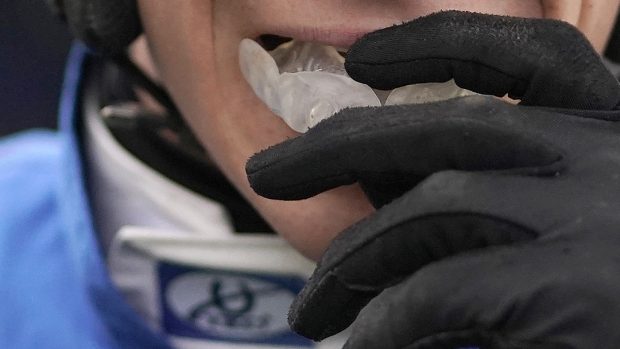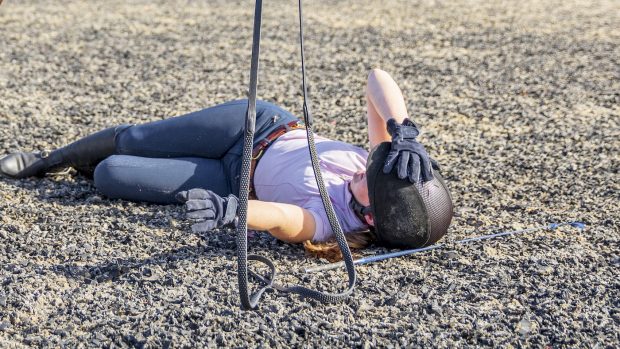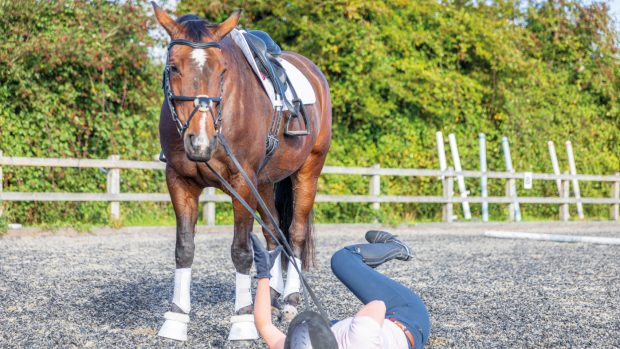All concussed eventing competitors will be suspended for 21 days under a new rule set by British Eventing (BE).
This is in response to recommendations from the Zurich Convention on Concussion in Sport (November 2012), The Jockey Club procedure for jockeys and BE’s evolving understanding of concussion in athletes.
Every concussed rider must now be assessed by a medical practitioner (doctor or consultant) as fit to ride, including after the mandatory 21 days’ suspension. Previously, if the symptoms of concussions resolved within 15min, the suspension was just 7 days.
But there are exceptions allowing riders to return after 7 or 10 days — subject to medical assessment or a pre-season “baseline test”.
Dr Peter Whitehead, chairman of the FEI medical committee and chief medical officer at the British Equestrian Federation (BEF), said the changes reflect latest research.
“Previous rules followed an old understanding of concussion and graded the concussions by length of time of amnesia and loss of consciousness,” he said. “We now feel that concussion is serious whatever the symptoms.
“Anyone suffering from concussion should cease competition to prevent repetition of the injury and be followed up until all symptoms have resolved.”
Exceptions to the 21-day rule
A “graduated return to play” (GRTP) is permitted in many sports by day 7, subject to daily assessment. BE’s rulebook now permits riders to resume competition after 10 days, if approved by a medical practitioner.
BE chief medical officer Dr Judith Johnson said: “Most event riders do not have access to sports physicians on a daily basis to allow this in a safe, progressive manner.
“By changing our rule to day 10 allows a supervised GRTP and reassessment with a margin of safety. We are following evidence that 80-90% of athletes have recovered [by day 10].”
There is also a revision aimed at professional riders allowing them to compete after 7 days, like jockeys. They have to pay for an annual “baseline test” — a pre-season computerised assessment of cognitive functioning — which can be compared post concussion. If they fail to meet their baseline, they must retest 10-14 days later.
Key signs that you may be concussed
➤ Loss of consciousness or responsiveness
➤ Seizure or convulsion
➤ Balance and co-ordination problems
➤ Headache or neck pain
➤ Drowsiness
➤ Memory loss
➤ Dizziness, nausea or vomiting
➤ Confusion and feeling “like in a fog”
➤ More emotional than usual — “not feeling right”
➤ Blurred vision or light sensitivity
Dr Whitehead recommends that riders, trainers and officials download the concussion recognition tool. Visit http://bjsm.bmj.com/content/47/5/267.full.pdf
This article was first published in Horse & Hound magazine (6 March 2014)




